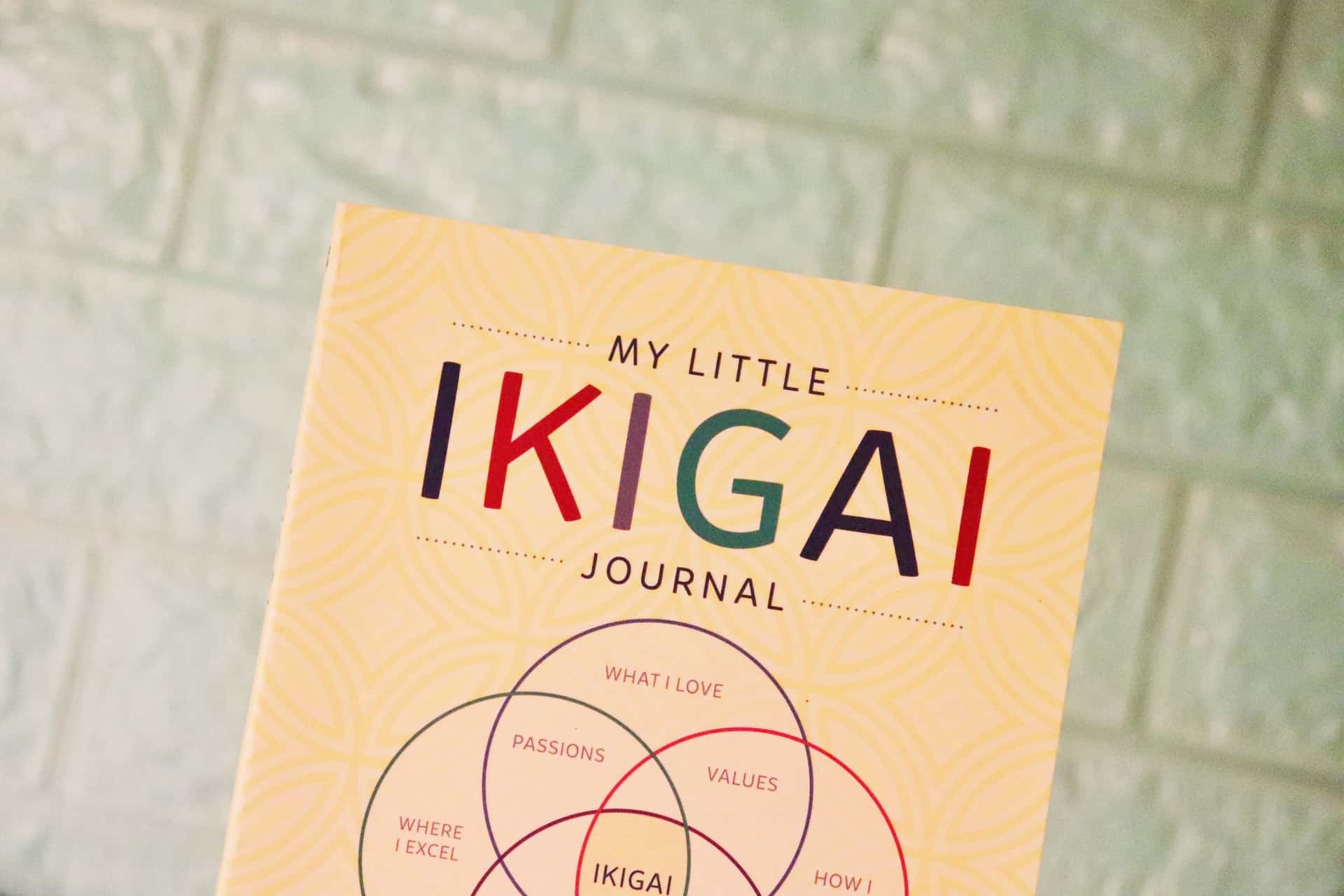Enters the big question: “What should I major in?” and, along with it, other considerations such as: “What career should I choose?” and “What should I do with my life?”
Here’s an ikigai-inspired model that offers a structured framework to help you with these major decisions.
Ikigai & Its Controversial Interpretations
Ikigai is an ancient Japanese philosophy that loosely translates into “the reason for being”. “Iki” in Japanese means “life”, and “gai” refers to “value”. It is about finding what brings you joy and inspires you to get out of bed every morning, a concept that the Japanese come to understand as they live life and grow older.
Ikigai is said to have evolved from the basic principles of traditional Japanese medicine, where a person’s emotional health and sense of purpose in life can affect their physical well-being. It also appears to be related to the “flow” theory, a state that occurs when you are in the “zone” of doing something you love and are good at, with the possible added benefit of bringing value to others.
Over the decades, there have been historical shifts in the ikigai meaning. The alternative interpretation happened when Marc Winn, in his 2014 blog, took the concept of ikigai as described by Dan Buettner in his TED talk and combined it with a Venn diagram originally created by Spanish astrologer Andrés Zuzunaga. This western spin-off has since been advocated and used by life coaches, entrepreneurs, and HR managers to provide a simplistic overview of how to achieve work-life balance and find a meaningful career.
The objective here is not to debate the interpretation but to take what we can learn from the various perspectives to help make good decisions that can bring meaning, purpose, and fulfilment to our lives.
Since it is argued that the following interpretation is not an honest representation of ikigai, let’s call it the ikigai-inspired framework.
Ikigai-Inspired Framework Explained

This ikigai-inspired Venn diagram indicates that there are four primary components to check off in order to find one’s purpose in life.
- What you love
- What you are good at
- What the world needs
- What you can be paid for
Each of the four elements contributes to your overall happiness, health, finances, and intellectual pursuit. And what makes life worthwhile sits at a particular intersection of passion, talent, and potential to benefit others.
When applying this to the process of choosing a university major, it means that you will need a good balance of these four dimensions in your decision to ensure a sustainable, meaningful, and fulfilling career future.
Circle 1. Pick a major based on what you love
If you enjoy doing something, why not get paid for it? Following your interests may be one of the best ways to choose a major, and you are less likely to second-guess it later on. But our passions and interests can change over time. So ask yourself honestly if you will still enjoy it years from now.
Circle 2: Pick a major based on what you are good at
Understanding your skills and abilities can get you started on the elimination process of your course options. But what you are good at may not be what you enjoy doing, and vice versa. Hence you must find that sweet spot where your talent and interest overlap. Fuelled by passion, chances are you can train yourself to develop those skills you lack. At the same time, natural abilities are far more powerful than acquired ones because they are innate to you.
Circle 3: Pick a major based on what the world needs
There are endless opportunities out there to improve the world, from technology to medicine to food security, poverty reduction, and environmental conservation. It feels good to be part of a greater purpose and contribute to the benefit of others. And if you can tie that in with your skills, it adds value to your actions, leading to more rewarding work. But to choose a major solely based on what the world needs will not make much sense if it does not have the support of other factors that contribute to your overall happiness.
Circle 4: Pick a major that gets you paid
Let’s be honest. Whilst your choice of university major must be more than having a career (vocation) and getting paid (profession), passion and mission are not enough to sustain you financially. You can study something that you love or better the world, but if it does not pay the bills, it is unlikely that you will be happy in the long run.
Assess the career prospects of your course options. Are you able to readily find employment in a related field after earning your degree? Is your choice of study too broad or too niche? And with technology disruption, will your knowledge and skills keep you relevant in the industry?
Ikigai or Not, Draw Your Own Venn Diagram & Embark on a Quest of Your Own Design

Everyone has an ikigai or a purpose in life. It is a matter of finding it, and the process can take a lot of exploring, experimenting, patience, and curiosity. This ikigai-inspired framework forces you to look not only within yourself but also at the world around you. It makes you peer hard into your future—a perfect model to help you consider your course options and career choices.
So get your pen and paper out and start drawing your Venn diagram. Reflect on what you’ve got in each of those circles and how they are connected; find creative ways to combine them. Talk to your parents, peers, mentors, and career experts to get a well-rounded view. And start the process early to give yourself time to make multiple revisions or even to start over. You will not get it right the first few times, and it is okay to change your mind. Because each time you return to the drawing board, you learn something more about yourself.
What matters is that you can be confident when you finally arrive at your decision. It may not be perfect, but you are willing to accept the imperfect parts. Nothing is forced upon you, and you feel at ease. Nothing feels better than to wake up every morning knowing that you are embarking on a quest of your own design.

